After the article on the most powerful bites in Canada, it seemed obvious to give you advice on the behaviors to adopt when encountering with these animals.
Avoid the encounter
In every case, it is suggested to avoid the encounter. If you see signs that an animal is around, don't go looking for that animal. When you go into the forest, watch out for fingerprints, feces, animal carcasses or even tree trunks which may be marked with claw marks. This will prevent you from unpleasant surprises.
If you do not have the choice to stay or to pass in a place where there are these animal tracks, you must speak loudly, make noise (clap your hands, whistle...) or even walk around with a bell. If you have the possibility, come as a group! It's also important not to leave your garbage or food leftovers, as the smell is sure to attract nearby animals.
Note for pets: if you take your dog for a walk, keep him on a leash and calm him down so that he does not irritate the animals in the area.
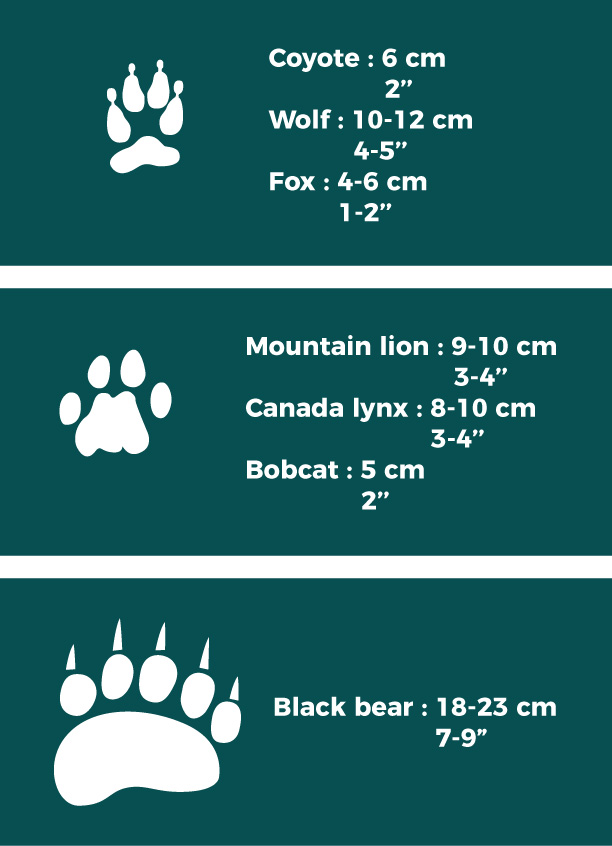
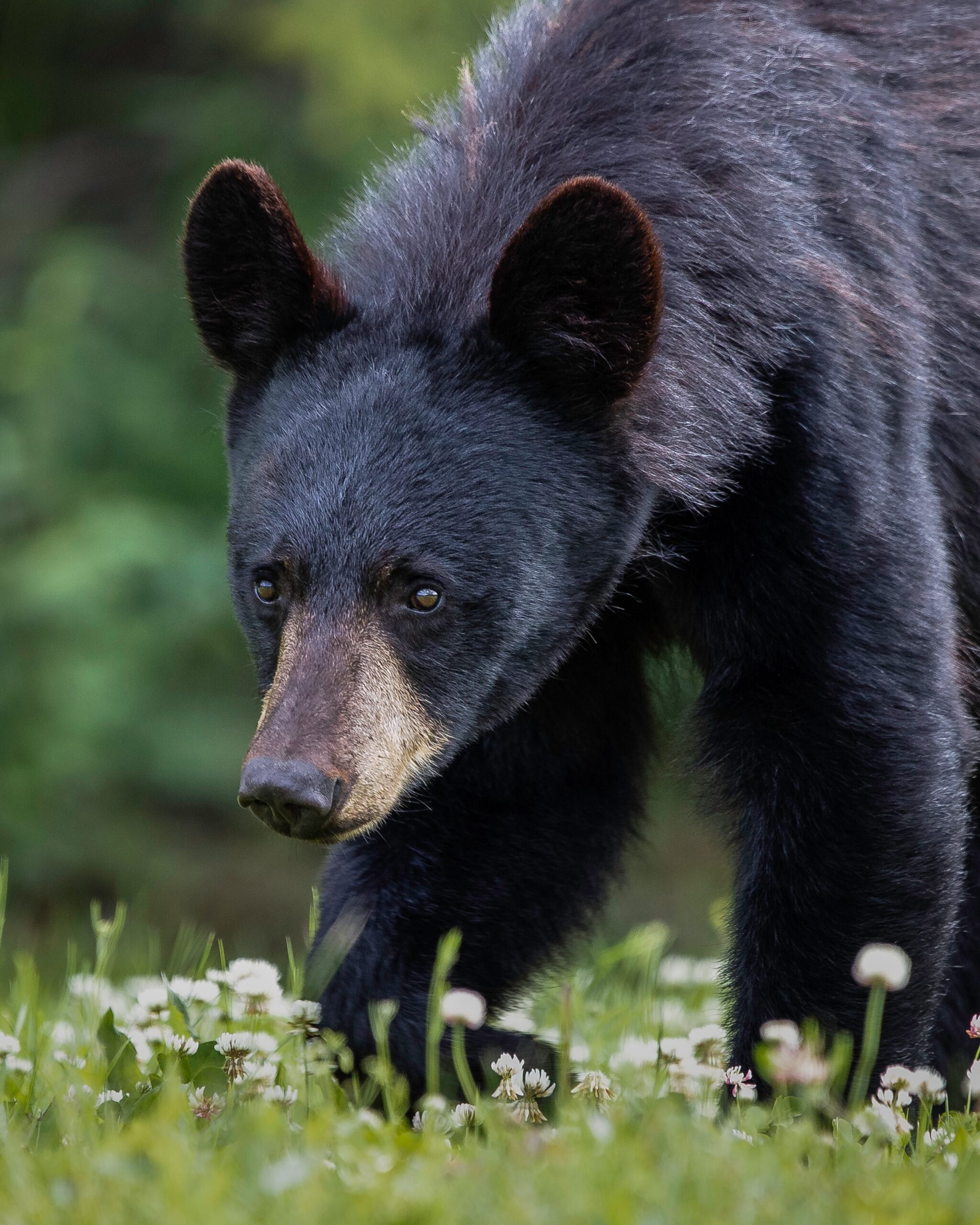
© Pete Nuij
In case of encounter with a bear
The most important advice to follow is to stay calm and grouped together, if you can. Face the bear, don't turn your back on it but don't look at it directly in the eyes either, it might annoy it. Speak softly to it so that it knows you are a human and not a prey to be hunted. If it stands up on its hind legs, don't be afraid, it tries to analyze you better. Back up slowly, without running and always without turning your back. If you run, it will surely run faster than you! Same thing if you climb up a tree. If the little ones are around, don't walk in their direction. Continue backing away, until the bear moves on and resumes on its way. Above all, don't feed it or it will continue to follow you.
If the bear gets angry and aggressively approaches you, always carry a pepper spray, in case of a home defense or cubs, the bear will leave. If the attack continues, it means it sees you as prey. Defend yourself as best you can: pepper spray, stick, rock, fishing rod, bag… Hit the animal's nose, which is the most sensitive part. Still don't start running or turn your back on it, it will still attack you. Face it by taking up space, make yourself tall, strong and imposing! Wave your arms and make noise. If it gets you down, don't play dead! Get up as soon as possible and continue until it gives up the fight.
In case of encounter with a mountain lion
Regardless of the predator, there are a lot of similarities in a safe behavior.
It is rarer to encounter a mountain lion than a bear, but it can still happen. Faced with this animal, it is still suggested that you don’t run or feed it. Always keep an eye on the animal by facing it and talking loudly! Try to throw something to distract the animal and make it leave but don’t throw it directly on the mountain lion.
In the event of an attack, as with the bear, retaliate! Also strike the muzzle and eyes with everything you have and keep a distance from the fangs and claws.
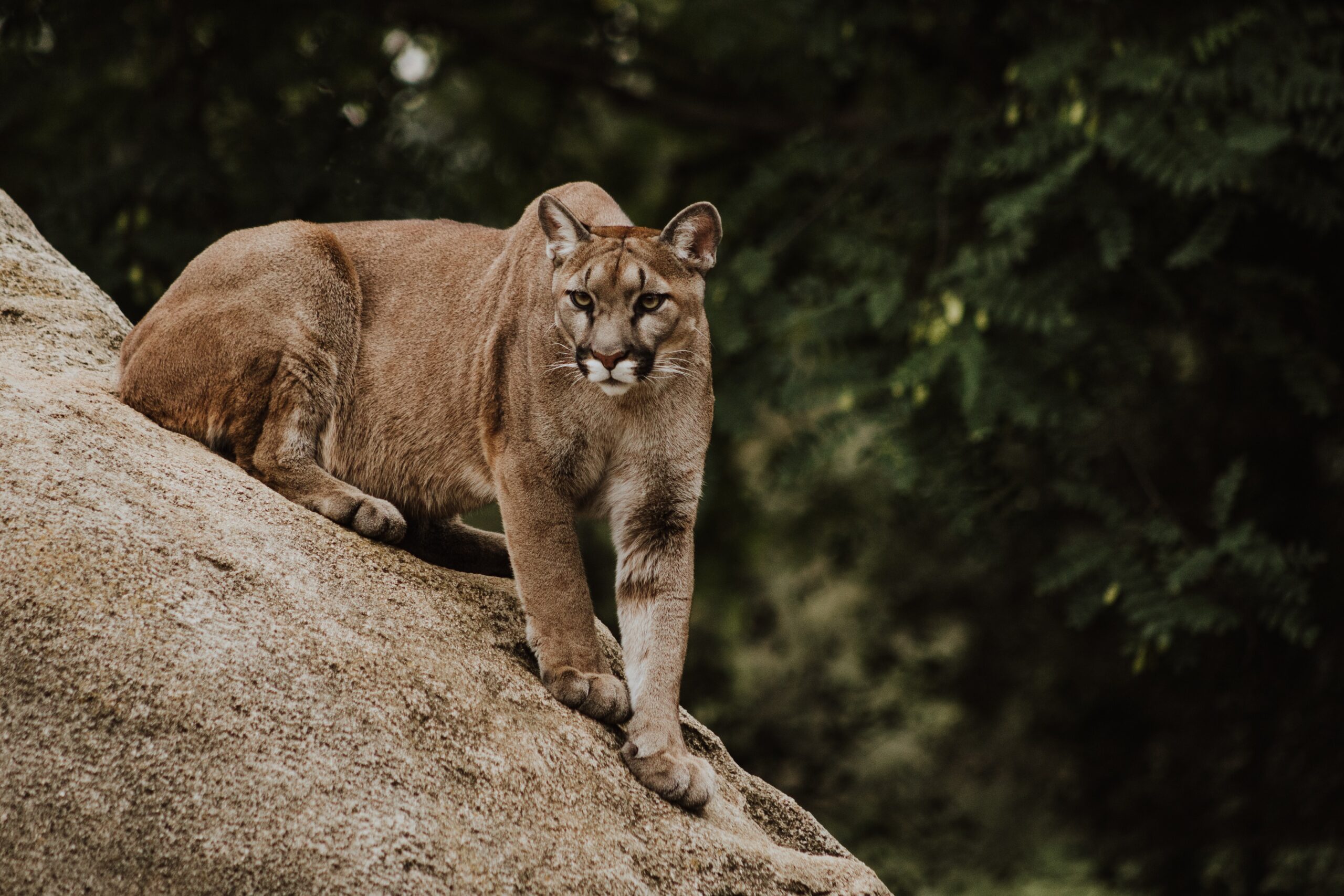
© Priscilla du Preez
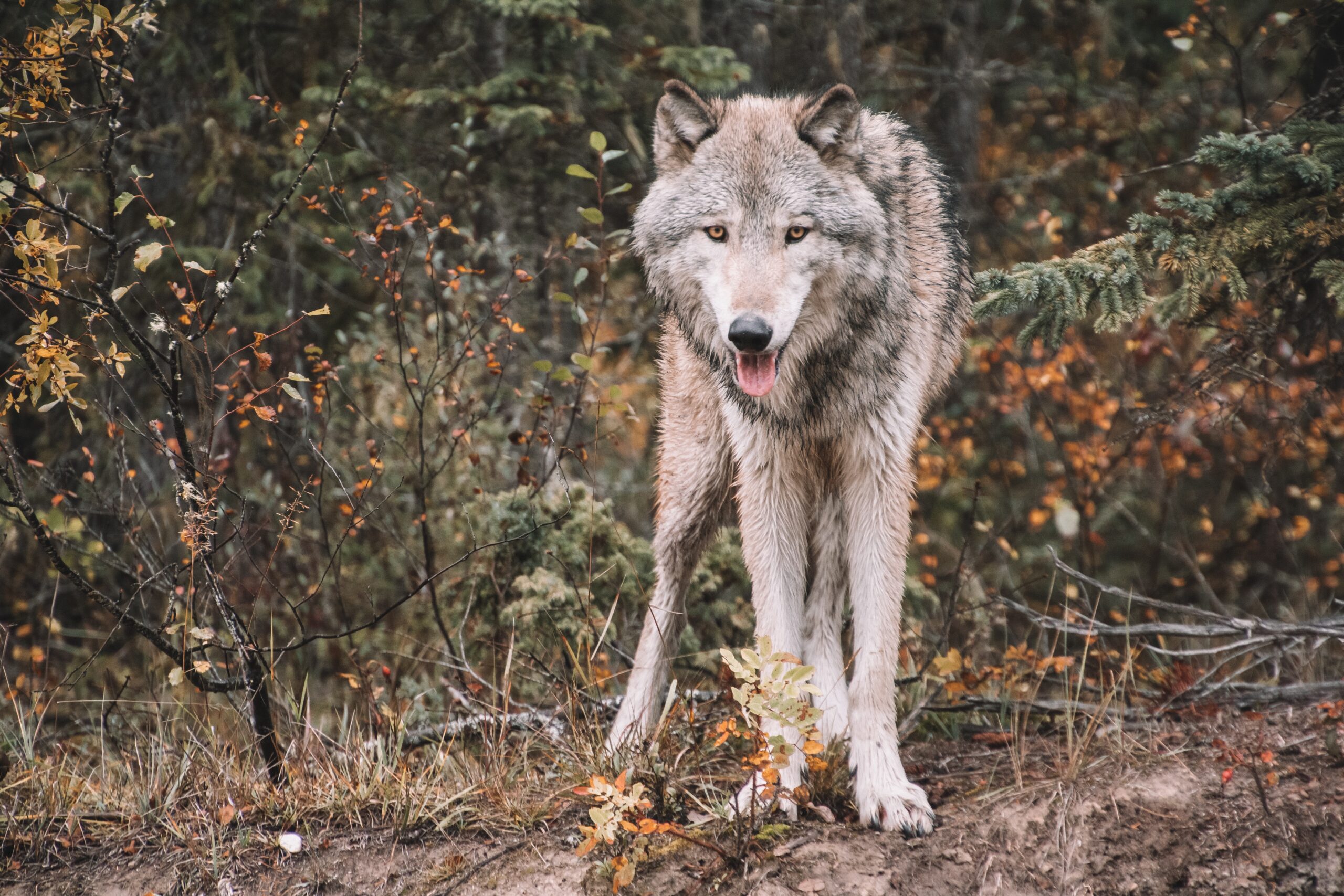
© Brianna R.
In case of encounter with a wolf
Again, the protocol remains the same on many points: do not run, face the animal, do not play dead and do not feed it. As with the bear, make yourself big and strong to try to scare the animal away.
For the wolf, it is advisable to look him straight in the eyes and not leave it for one second. On the other hand, a wolf always comes with its pack so be attentive to the noises which surround you so you don’t step back towards another wolf.
In the event of an attack, as with the previous two predators, it is suggested to defend yourself with everything you have, don't give up! The animal will give up before you do. Don't hesitate to call for help around you to have someone notify the park wardens or emergency services.
Header photo:
© Chris Ensminger
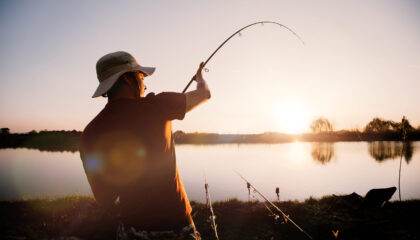 Read more +
April 19, 2024 By A.A Rochon in Blog
Read more +
April 19, 2024 By A.A Rochon in Blog
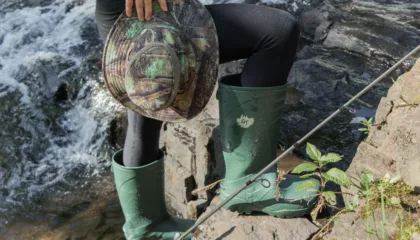 Read more +
By A.A Rochon in Blog
Read more +
By A.A Rochon in Blog
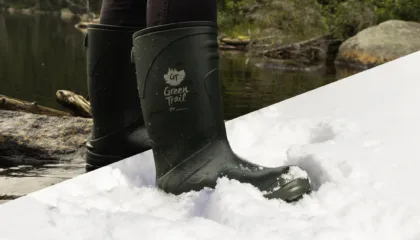 Read more +
March 27, 2024 By A.A Rochon in Blog
Read more +
March 27, 2024 By A.A Rochon in Blog
 Read more +
March 19, 2024 By A.A Rochon in Blog
Read more +
March 19, 2024 By A.A Rochon in Blog
 Read more +
February 28, 2023 By Sylvain in Blog, L'Heureux Family
Read more +
February 28, 2023 By Sylvain in Blog, L'Heureux Family
 Read more +
By Sylvain in Blog, L'Heureux Family
Read more +
By Sylvain in Blog, L'Heureux Family
 Read more +
February 27, 2023 By Sylvain in Archibald, Blog
Read more +
February 27, 2023 By Sylvain in Archibald, Blog
 Read more +
By Jonathan Mathys in Blog, Blog, Bruno-Carl, Bruno-Carl
Read more +
By Jonathan Mathys in Blog, Blog, Bruno-Carl, Bruno-Carl
 Read more +
February 24, 2023 By Matthieu Robert in Blog, L'Heureux Family
Read more +
February 24, 2023 By Matthieu Robert in Blog, L'Heureux Family
 Read more +
November 17, 2022 By Matthieu Robert in Blog
Read more +
November 17, 2022 By Matthieu Robert in Blog